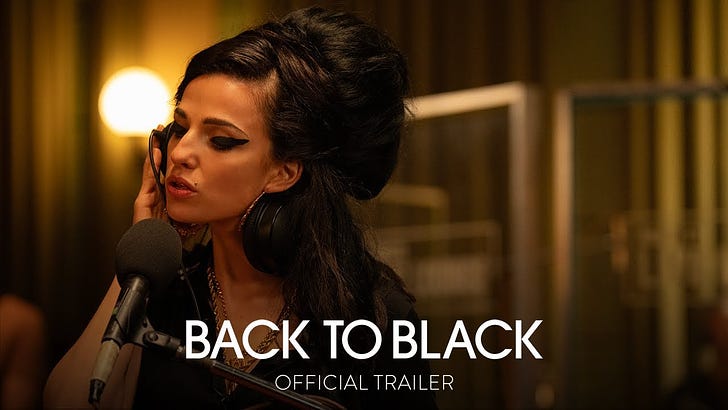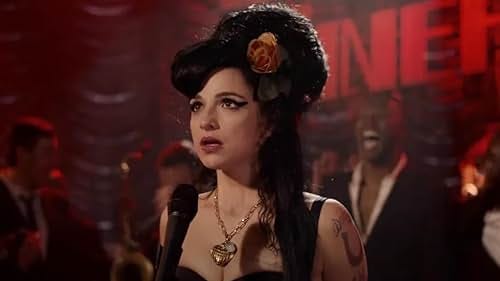Back to Black Review: This Amy Winehouse Biopic is Formulaic AF
Sam Taylor-Johnson's musical biopic is a formulaic mess of a jukebox musical
Keep reading with a 7-day free trial
Subscribe to The Film Maven to keep reading this post and get 7 days of free access to the full post archives.





